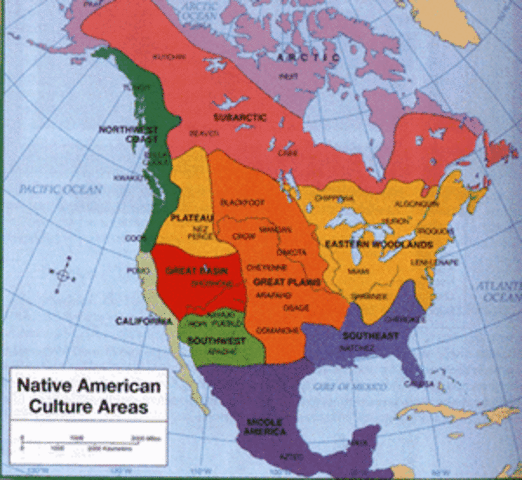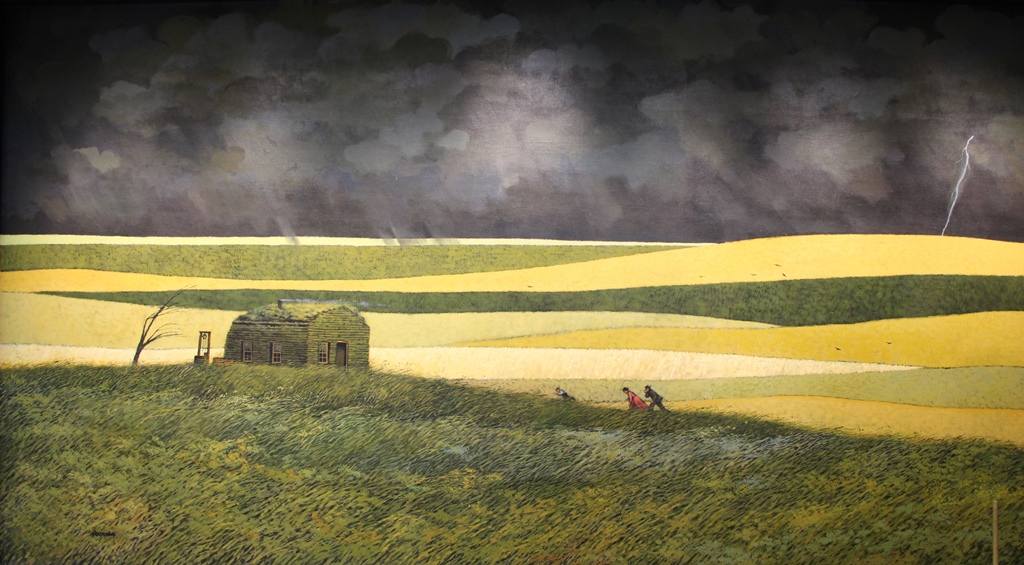


I’m still curious as to why we selected one such leader for each letter of the alphabet in a three-day span, rather than learning about their actions concurrently with the rest of the curriculum. On the occasion that our daily work did not entail unhelpful note taking or memory-based testing, we took part in such educational activities as watching National Treasure or working on a slightly more involved version of a second grade project on African American leaders. Apparently, it was far more important to know the names of all the generals in the Civil War. We never focused on comprehending the cause and effect of critical movements or comparing past time periods to the modern era. The tests were a contest that determined who could regurgitate the highest percentage of memorized facts. There were no lectures of substance we were spoon-fed worksheets pulled from the dry pages of a textbook. Almost every day consisted of hurriedly copying notes from a dim image projected on the board as the teacher read aloud the words we were inscribing. history class I took in eighth grade is a perfect example. From my elementary and middle school years, there remains a paper trail of get-to-know-you surveys for which I indicated that history bored me to tears, and doodles on notes of the Monroe Doctrine that subtly communicate the same reaction.


 0 kommentar(er)
0 kommentar(er)
